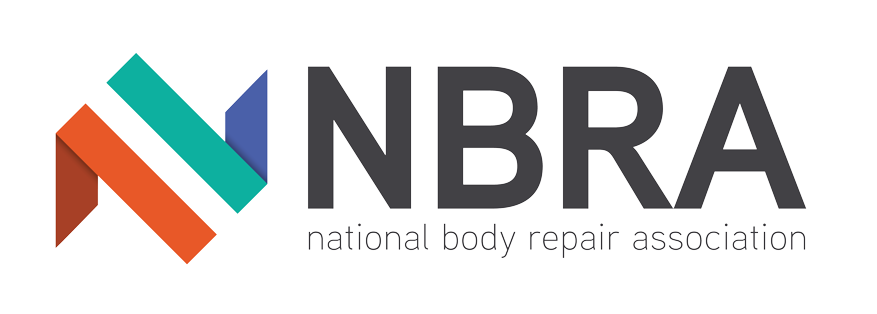
One of the common difficulties within the workplace is managing employees with significant medical conditions. Employers are often reluctant to take disciplinary steps for fear of overstepping the mark. This in turn can lead to employee’s negative behaviour going unchecked.
Whilst it is right and proper that employers make reasonable adjustments for disabled employees, the case of McQueen v The General Optical Council provides some general guidance for employers on where a disabled employee be disciplined for something that is unrelated to their disability.
Facts
In the case of McQueen v The General Optical Council, the Claimant was employed as a registration officer. It was agreed and accepted that he had a disability for the purposes of the Equalities Act as he suffered from dyslexia, Asperger’s, neurodiversity and hearing loss. Whilst employed there were two incidents referred to as meltdowns, which led to the claimant being dismissed. The Claimant argued that his dismissal was due to his disabilities. The Employment Tribunal found that the Clamant was dismissed due to his short temper and resentment at being told what to do, and not his medical conditions. The Claimant was unsuccessful as the claimant’s disability was not the cause of the termination.
On appeal the Claimant argued that the tribunal should have considered whether any disabilities had been a factor in the Claimant’s conduct. That the disability does not necessarily need to be the sole or even main reason any link need only be trivial for protection to arise.
The EAT rejected this. Where it is found that the effects of the disabilities did not play any part in the Claimant’s conduct, there was no need to consider if the treatment was partly because of disabilities.
The EAT gave further guidance on how to consider such cases going forward, suggesting four questions to consider:
(i) what are the disabilities;
(ii) what are their effects;
(iii) what unfavourable treatment is alleged in time and proved and;
(iv) was that unfavourable treatment “because of” an effect or effects of the disabilities.
In Conclusion
Whilst employers can be intimidated by disabilities within the workplace, this case provides useful guidance in how to approach such conditions. It reinforces the position that such employees can still be effectively managed, provided care is taken and the correct processes are put in place.
Don’t forget, this advice is general in nature and will need to be tailored to any one particular situation. As an RMI member you have access to the RMI Legal advice line, as well as a number of industry experts for your assistance. Should you find yourself in the situation above, contact us at any stage for advice and assistance as appropriate.
Motor Industry Legal Services
Motor Industry Legal Services (MILS Solicitors) provides fully comprehensive legal advice and representation to UK motor retailers for one annual fee. It is the only law firm in the UK which specialises in motor law and motor trade law. MILS currently advises over 1,000 individual businesses within the sector as well as the Retail Motor Industry Federation (RMI) and its members.





